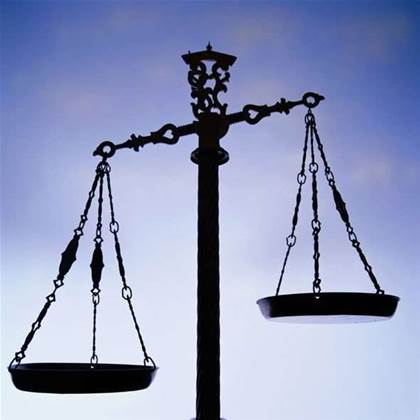Censorship by litigation

A far more insidious form of censorship is when the commercial sector itself becomes a censor.
While there are few examples of such events in Australia, overseas several private sector organisations have managed to force content offline using the courts.
An oft-cited example was filed back as far as 2000, when two interest groups fighting anti-semitism (The League against Racism and Anti-Semitism and the Jewish Students Union of France) successfully brought a case against Yahoo! which forced the internet company to remove any Nazi-related material (memorabilia or documentation) from its servers to avoid fines of 100,000 francs per day.
In 2007, the state owned Turk Telecom successfully managed to ban access to Google's video-sharing service YouTube in a Turkish court over a series of videos that were deemed critical of the nation's founder, Mustafa Kemal Ataturk.
No human rights safeguards
The real danger posed by any form of filtering, be it legislated or not, is that Australia has no bill of rights protecting free speech, Maurushat said.
"The big disadvantage is that Australian legislation is not subject to human rights safeguards," she said. "With a bill of rights, should a Government over-step their boundaries and impede human rights, the bill can be struck down and the politicians have to go back to the table.
"With a bill of rights, absurd legislation can be found to be unconstitutional. If the Government wanted to ban hate speech and child sexual abuse material, it might still be able to. But if it wanted to ban basic adult consented pornography, abortion or gambling sites, it could be challenged and struck down as unconstitutional."
Without a bill of rights, Australia is "far more susceptible to political malleability," she said.
Australia is the only country in the world, she said, where the Internet is excluded from wire-tapping.
"There is nothing in Australia other than our good judgement in whom we elect to prevent us from becoming the world's ultimate surveillance society."
Australians mistakenly feel protected by the constitution, she said.
"Fair dinkum is a cultural notion, not a legal one."


_(28).jpg&h=140&w=231&c=1&s=0)
_(23).jpg&h=140&w=231&c=1&s=0)

.png&h=140&w=231&c=1&s=0)



_(26).jpg&w=100&c=1&s=0)

 iTnews Executive Retreat - Security Leaders Edition
iTnews Executive Retreat - Security Leaders Edition












_(1).jpg&h=140&w=231&c=1&s=0)



